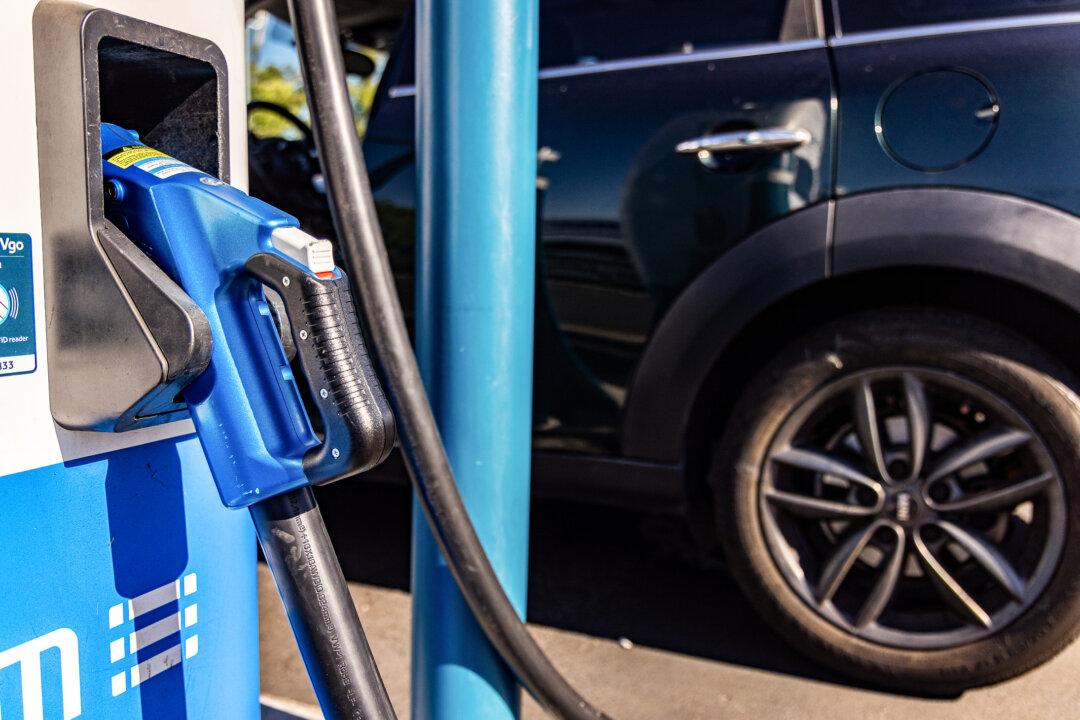Chinese firms’ dominance of rare earth and precious metals supply chains extends so far that the makers of electronic vehicles (EVs) cannot promote their products aggressively in global markets without benefiting Beijing.
Though the Biden administration may be aware of how far the United States lags behind China when it comes to lithium and cobalt production, and has made some belated efforts on the research and development front, these efforts are too little, too late. That’s the view of Christopher Tang, faculty director of the UCLA Center for Global Management and chair of the university’s business administration department.





